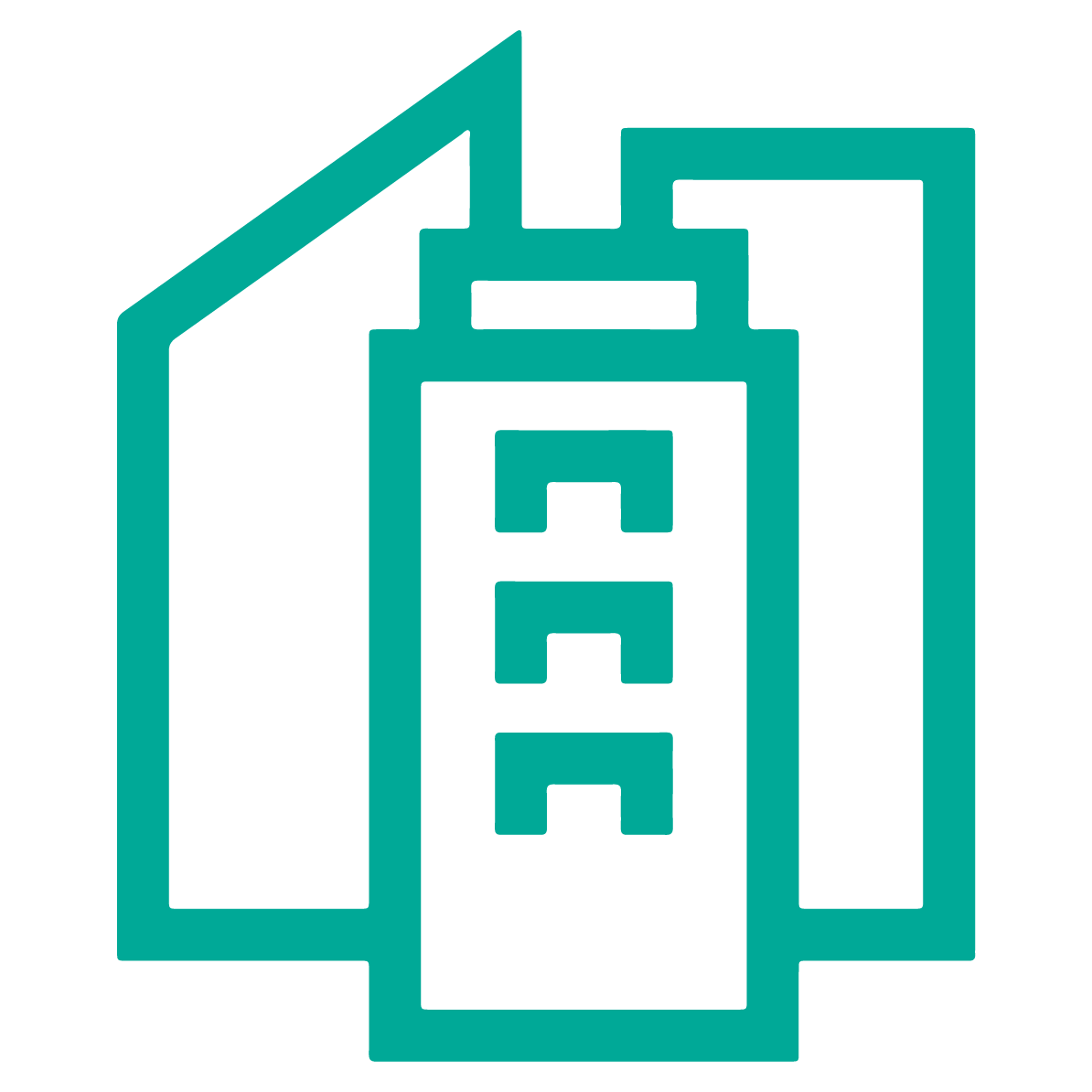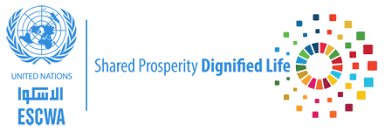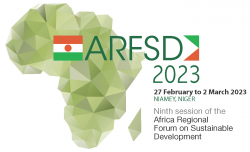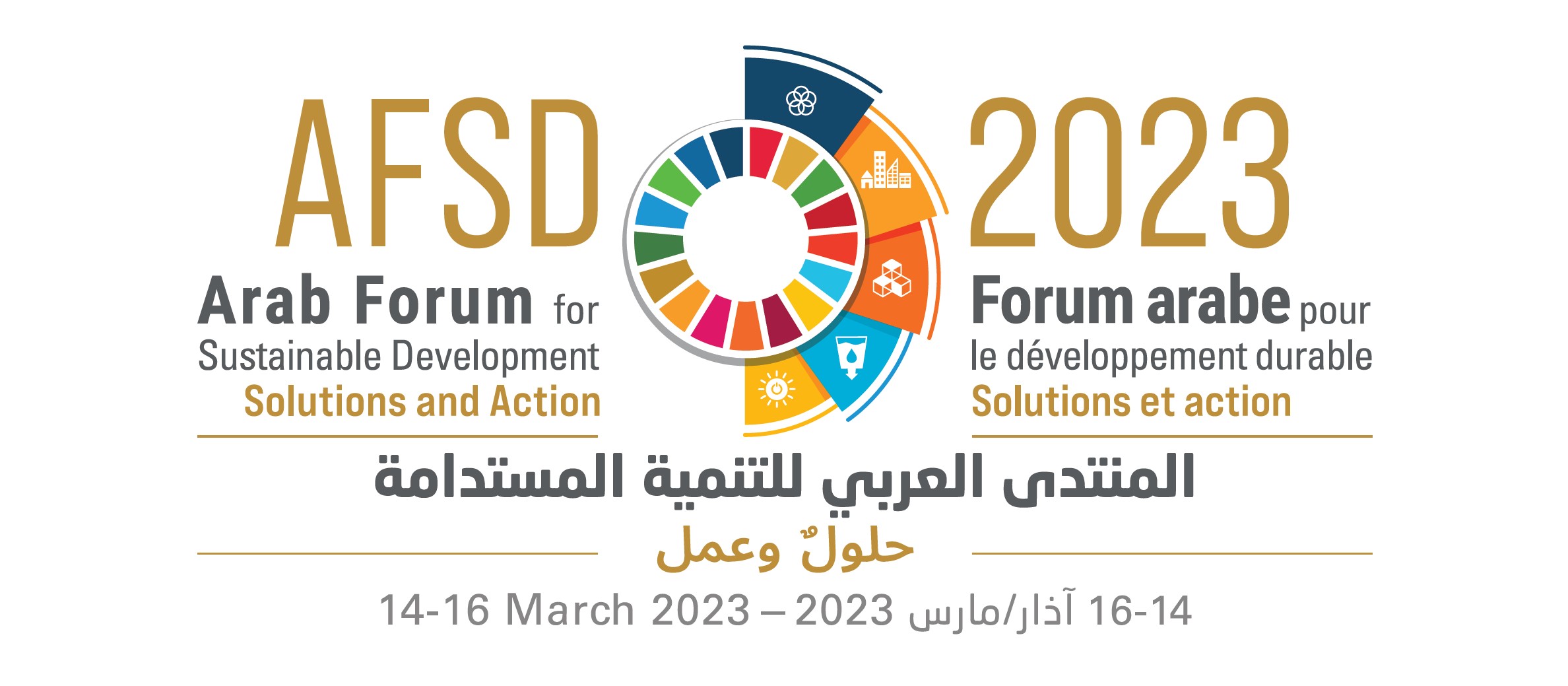UN System
The United Nations system plays a crucial role in supporting member state and stakeholder implementation of the sustainable development objectives. System-wide coherence at global, regional, sub-regional and country levels is crucial for the UN system to deliver on its mandates to support sustainable urban development.
The New Urban Agenda offers opportunities to increase coherence and coordination across the UN system, working collectively on four fundamental drivers of change:
- Developing and implementing urban policies at the appropriate level
- Strengthening urban governance
- Reinvigorating long-term and integrated urban and territorial planning and design
- Supporting effective, innovative and sustainable financing frameworks and instruments
Review of SDGs implementation: SDG 11 – Make cities and human settlements inclusive, safe, resilient and sustainable
The 2023 High-level Political Forum (HLPF) on Sustainable Development has, as part of its agenda, a status check on the progress made by countries in implementing the 17 Sustainable Development Goals (SDG). This year, SDG11 on sustainable cities will be one of the five SDGs under review. It has been last reviewed in 2018.
Progress towards achieving SDG 11 is uneven across the world. In many low- and middle-income countries, the rate of urbanization is outpacing the development of infrastructure and services, leading to informal settlements, and inadequate housing. The COVID-19 pandemic has also exacerbated the existing inequalities in access to basic services and housing, leading to an increase in poverty and homelessness.
To achieve the targets of SDG11 across the board, there is a need for increased investment in sustainable urban infrastructure and services, strengthened local governance, and greater public-private partnerships. Additionally, the COVID-19 pandemic has highlighted the need for cities and communities to be more resilient to future shocks.
The HLPF serves as a platform for Member States to report on their progress towards the SDGs and to hold each other accountable. The 2023 HLPF provides a crucial opportunity to assess progress and identify solutions to the challenges facing sustainable cities and communities. It is an important step in ensuring that the vision of sustainable, inclusive, and resilient cities and human settlements becomes a reality.
The HLPF will take place from the 10th to the 19th of July 2023 in New York. More information
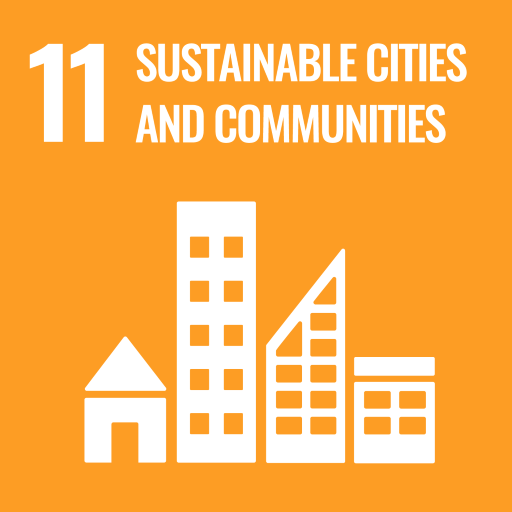
UN at the country level
To promote sustainable urbanization the Resident Coordinators System is:
-
Endeavoring to work with governments and local and non-State actors to promote sustainable urbanization to further the development objectives of the UN country teams in areas such as: spatial equality and poverty eradication, prosperity and economic development, climate action and environmental sustainability, and crisis reduction and recovery.
-
Incorporating sustainable urban development in instruments of the UN country teams, including Common Country Analysis, the United Nations Sustainable Development Cooperation Framework, the implementation coordination groups of the results areas of the Cooperation Framework, and the monitoring of the implementation of the results areas.
Actively promoting the implementation of the United Nations Systemwide Strategy for Sustainable Urban Development.
-
The United Nations Sustainable Development Cooperation Framework (UNSDCF) is the most important instrument for planning and implementation of the UN development activities at country level in support of the implementation of the 2030 Agenda for Sustainable Development. The Cooperation Framework determines and reflects the UN development system’s contributions in the country and shapes the configuration of UN assets required inside and outside the country.
-
Sustainable urban development, spatial development, national urban policies, housing, and related topics are increasingly seen in these documents, as countries address these development dimensions.
For a list of UNSDCFs, please visit Cooperation Framework Documents.
At the country level, the UN country teams are working on the Sustainable Development Goals (SDGs). Different UN agencies, funds and programmes are working on which SDGs, where, source of funding, implementing partners and more. Find out more here.

UN at the Regional Level
At the regional level, the UN Sustainable Development Group (UNSDG)—agencies, funds and programmes working on development—work to support countries to achieve the 2030 Agenda, addressing key challenges that transcend country borders.
The UN Development Coordination Office (DCO) serves as the secretariat for the UNSDG at the regional and global levels. At the regional level, five UN DCO Regional Directors and their teams in Addis Ababa, Amman, Bangkok, Istanbul and Panama City provide the UN Resident Coordinators in countries with regional-specific support and with a secretariat role for the regional UN Sustainable Development Group.
UN collaboration with regional and sub-regional bodies and organizations, such as the African Union (AU), Association of South East Asian Nations (ASEAN), European Union (EU), League of Arab States, the Pacific Islands Forum Secretariat (PIFS), and the sub-regional platform for implementing the New Urban Agenda in the Caribbean States all support the sustainable urbanization efforts regionally. Regional conferences of ministers of housing and urban development also play key roles in addressing regional and sub regional urban priorities.
UN Regional Commissions take a comprehensive and integrated approach to the New Urban Agenda, which promotes close links in the implementation of the 2030 Agenda for Sustainable Development, the Paris Agreement and other global and regional frameworks. They play a key role in implementation, follow up and review of the 2030 Agenda for Sustainable Development at the regional level given their universal coverage, convening power, intergovernmental platforms, and broad-based cross-sectoral mandates and expertise, collaborating closely with regional and sub-regional bodies and organizations.
The five UN Regional Commissions share objectives aiming to foster cooperation among Member States at the subregional and regional levels. They support national governments and cities to achieve sustainable development, increased policy coherence among member States across their regions, promote improved capacity of institutions, and implement the New Urban Agenda (NUA). This support includes encouraging greater integration of various dimensions (regional, national, local) of the programme by, for example:
-
Building the capacity of national-and local-level decision-makers in implementing, monitoring and reporting the New Urban Agenda (NUA) and urban-related SDGs.
-
Establishing mechanisms for sharing information and successful practices.
-
Facilitating an inclusive process of knowledge generation and dissemination through regional monitoring and reporting on sustainable urbanization.
Direct support to the New Urban Agenda and urban-relate SDGs include adaptation of universal norms and global frameworks to regional and country contexts, policy coherence and dialogue with a broad range of stakeholders, capacity development and sharing of knowledge, experiences, good practices and lessons learned. UN Regional Commissions also provide a greater voice to subregions and countries with special needs, including least developed countries (LDCs), landlocked developed countries (LLDCs), small island developing states (SIDS) and countries in crisis.
An overview of their activities to support implementation of the New Urban Agenda is available here.
At the regional level, the UN Sustainable Development Group (UNSDG)—agencies, funds and programmes working on development—work to support countries to achieve the 2030 Agenda, addressing key challenges that transcend country borders.
The UN Development Coordination Office (DCO) serves as the secretariat for the UNSDG at the regional and global levels. At the regional level, five UN DCO Regional Directors and their teams in Addis Ababa, Amman, Bangkok, Istanbul and Panama City provide the UN Resident Coordinators in countries with regional-specific support and with a secretariat role for the regional UN Sustainable Development Group.
UN collaboration with regional and sub-regional bodies and organizations, such as the African Union (AU), Association of South East Asian Nations (ASEAN), European Union (EU), League of Arab States, the Pacific Islands Forum Secretariat (PIFS), and the sub-regional platform for implementing the New Urban Agenda in the Caribbean States all support the sustainable urbanization efforts regionally. Regional conferences of ministers of housing and urban development also play key roles in addressing regional and sub regional urban priorities.


